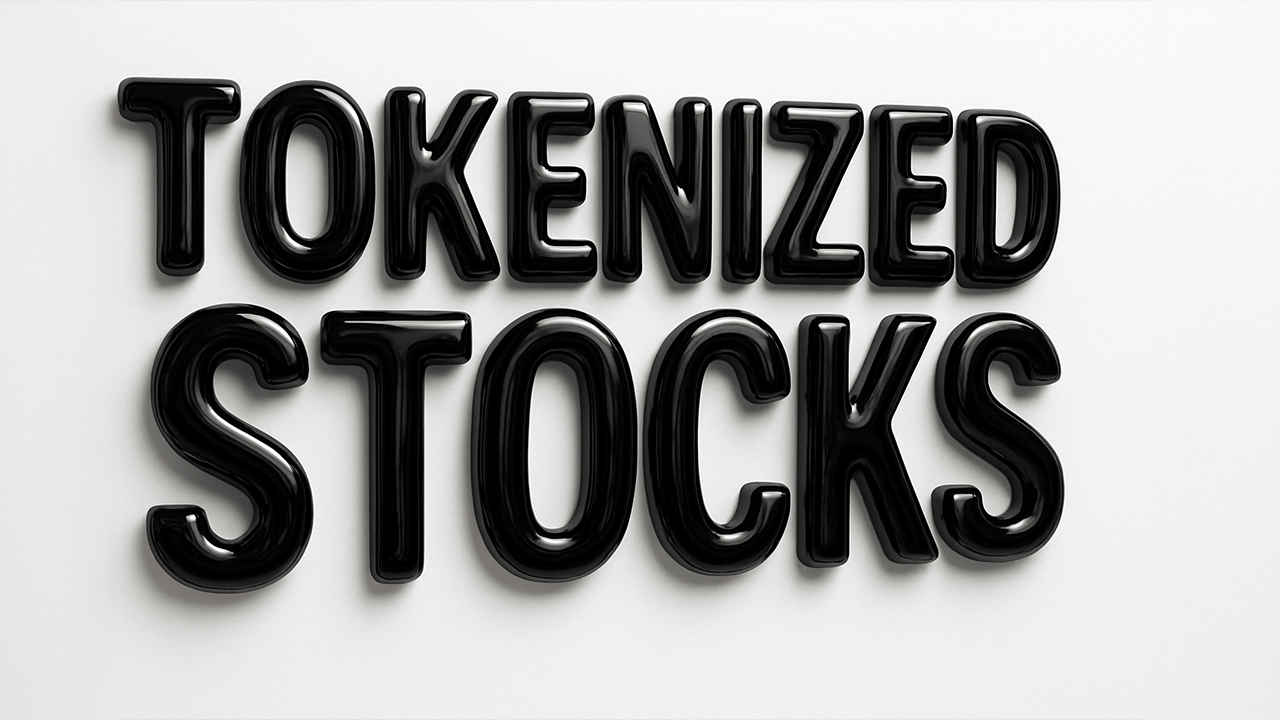Tokenized equities are emerging as a transformative force in the financial landscape, promising to democratize investment, enhance liquidity, and streamline capital markets. By representing traditional stock shares as digital tokens on blockchain networks, tokenized equities eliminate intermediaries, reduce costs, and enable fractional ownership. This innovation has the potential to reshape the financial industry, but its path to widespread adoption is fraught with challenges, including regulatory uncertainty, infrastructure gaps, and security concerns.
Democratizing Access to Investment
One of the most compelling aspects of tokenized equities is their ability to democratize access to investment opportunities. Traditional stock markets often have high barriers to entry, with expensive share prices and complex trading mechanisms that exclude smaller investors. Tokenized equities address this issue by enabling fractional ownership, allowing individuals to invest in high-value stocks with minimal capital. For example, a single share of a company like Tesla or Apple can cost thousands of dollars, making it inaccessible to many investors. However, by tokenizing these shares, investors can purchase fractions of a share, effectively lowering the entry threshold.
Moreover, tokenized equities can be traded 24/7 on a global scale, eliminating geographical limitations and time constraints. This round-the-clock trading capability enhances liquidity and provides investors with greater flexibility. The blockchain’s transparent and immutable ledger also increases trust and reduces the risk of fraud, further empowering individual investors.
Enhancing Liquidity and Market Efficiency
Tokenized equities have the potential to significantly enhance liquidity in the financial markets. Traditional stock markets operate within specific hours and are subject to settlement delays, which can hinder trading efficiency. In contrast, tokenized equities can be traded continuously, allowing for faster execution and settlement. This 24/7 trading capability can lead to more efficient price discovery and reduced volatility, benefiting both investors and companies.
Additionally, the elimination of intermediaries such as brokers and clearinghouses streamlines the trading process, reducing costs and operational complexity. Immediate settlement is another advantage of tokenized equities, as it eliminates the need for lengthy clearing and settlement processes. This operational efficiency can lead to broader market access and increased participation, further enhancing liquidity.
Addressing Regulatory and Infrastructure Challenges
Despite the promising benefits, the path to widespread adoption of tokenized equities is not without its hurdles. Regulatory uncertainty remains a significant challenge, as the legal status of these digital assets is still unclear in many jurisdictions. The Securities and Exchange Commission (SEC) is adopting a cautious approach, focusing on protecting investors and ensuring market integrity. Companies looking to enter the tokenized equity space must navigate complex compliance requirements and potential regulatory risks.
Infrastructure gaps also pose a challenge to the growth of tokenized equities. The technology is still relatively nascent, and the ecosystem needs to mature before it can support widespread adoption. Scalability issues, custody solutions, and interoperability challenges are critical aspects that need to be addressed. Blockchain networks, particularly those like Ethereum, can face scalability challenges as the number of transactions increases, leading to slower processing times and higher fees. Secure and reliable custody solutions are essential for investors to store and manage their digital assets, and the market is still evolving in this regard. The lack of interoperability between different platforms and protocols further limits liquidity and hinders market growth.
Ensuring Security and Compliance
Security is paramount in the world of digital assets, and tokenized equities are no exception. The blockchain’s inherent security features offer a degree of protection, but vulnerabilities can still exist. Smart contracts, which are self-executing pieces of code that reside on the blockchain, can contain vulnerabilities that can be exploited by hackers, leading to the loss of funds. Cybersecurity threats, such as phishing attacks, malware, and exchange hacks, also pose risks to the platforms and wallets used to trade and store tokenized equities.
Regulatory bodies are increasingly scrutinizing the security practices of companies operating in the tokenized equity space. Compliance with regulations such as Know Your Customer (KYC) and Anti-Money Laundering (AML) is essential to prevent illicit activities and ensure market integrity. Companies must implement robust security measures and adhere to regulatory requirements to build trust and foster widespread adoption.
The Future of Tokenized Equities
Despite the challenges, the future of tokenized equities looks promising. As regulations become clearer, infrastructure matures, and security improves, these digital assets have the potential to revolutionize the financial industry. Tokenized equities will empower individuals by providing them with access to investment opportunities that were previously out of reach. Fractional ownership will allow people to build diversified portfolios with smaller amounts of capital, increasing financial inclusion and wealth creation.
The enhanced liquidity and market efficiency offered by tokenized equities will lead to more efficient price discovery and reduced volatility, benefiting both investors and companies. The transformation of capital markets through reduced costs, increased transparency, and fostering innovation will open up new opportunities for investors and businesses. Tokenized equities can also facilitate the creation of new financial products and services, further reshaping the financial landscape.
In conclusion, tokenized equities represent a significant step towards a more democratic, efficient, and transparent financial system. While the path to widespread adoption is not without its hurdles, the potential benefits are too compelling to ignore. As technology evolves, regulations clarify, and infrastructure matures, tokenized equities are poised to reshape the future of finance, empowering individuals, enhancing liquidity, and transforming capital markets for the better. The race is on, and while there are hurdles to overcome, the promise of a more accessible and efficient financial future makes it a race worth running.

